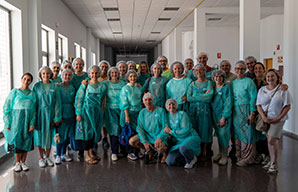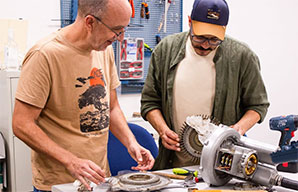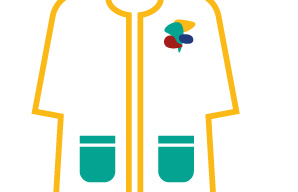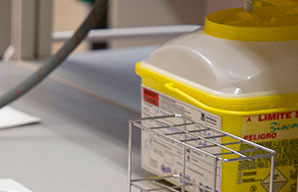Gene therapy restores hearing in deaf children
A groundbreaking gene therapy trial has restored hearing in both ears of five children born deaf, offering new hope for future treatments.
The children, aged between one and eleven, suffered from genetic mutations that disrupted the production of a crucial protein needed for auditory signals to travel from the ear to the brain. Researchers at Fudan University in Shanghai administered the therapy, aiming to enable the children to engage in conversations and identify sound directions.
Within weeks, the children showed significant improvements. They could locate sound sources, recognize speech in noisy environments, and two children were even observed dancing to music. These results were detailed in Nature Medicine.
Dr. Zheng-Yi Chen from Massachusetts Eye and Ear, a Harvard teaching hospital that co-led the trial, described the results as “astounding,” noting ongoing dramatic progress in the children’s hearing abilities.
The therapy employs an inactive virus to deliver functional copies of the affected gene, Otof, into the inner ear, enabling the production of the essential protein otoferlin. Video footage from the trial highlights the rapid improvements: a two-year-old boy responded to his name and danced to music just weeks after treatment, while a three-year-old girl began understanding sentences and speaking words.
Globally, over 430 million people suffer from disabling hearing loss, with about 26 million born deaf. Genetic factors account for up to 60% of childhood deafness, including the DFNB9 condition treated in this trial.
Larger trials are needed to assess the therapy’s full benefits and risks. Dr. Chen hopes this approach can be expanded to address deafness caused by other genes or non-genetic factors, aiming to help people regain hearing regardless of the cause.








